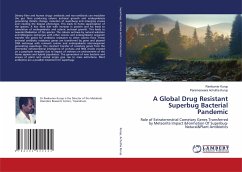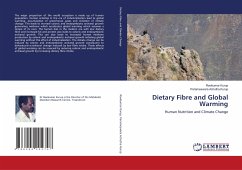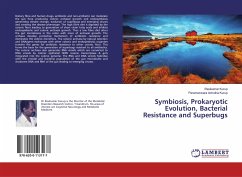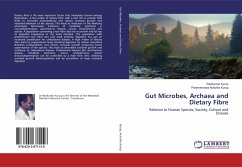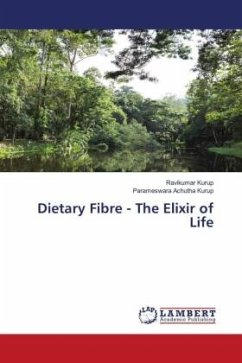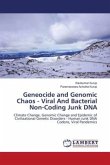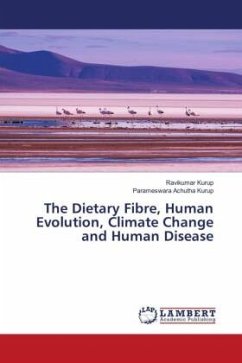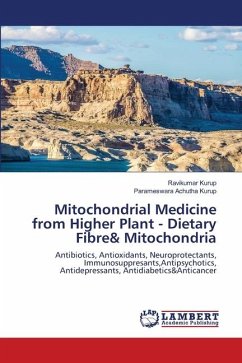Dietary fibre and human drugs- antibiotic and non-antibiotic can modulate the gut flora producing colonic archaeal growth and endosymbiosis generating climate change, evolution of superbugs and emerging viruses and creating the disease phenotype. This leads to homo sapienisation of the species. A low fibre diet with increase in protein and fat leads to stimulation of endosymbiotic and colonic archaeal growth. This leads to neanderthalisation of the species. The colonic archaea by natural selection and DNA/gene exchanges with other colonic and endosymbiotic organism transfer the genes for antibiotic resistance to other colonic flora. These archaeal antibiotic resistance genes are transferred by gene and plasmid DNA exchange with remnant colonic and endosymbiotic microorganism generating superbugs. The constant transfer of cometary genes from the interstellar extraterrestrial intelligence of archaea and RNA viroids created on a porphyrin template due to impact of meteors on environment of the homo sapiens and hybrid population. The generation of new bacteria and viruses of plant and animal origin give rise to mass extinctions. Plant antibiotics are a possible treatment for superbugs.
Hinweis: Dieser Artikel kann nur an eine deutsche Lieferadresse ausgeliefert werden.
Hinweis: Dieser Artikel kann nur an eine deutsche Lieferadresse ausgeliefert werden.

